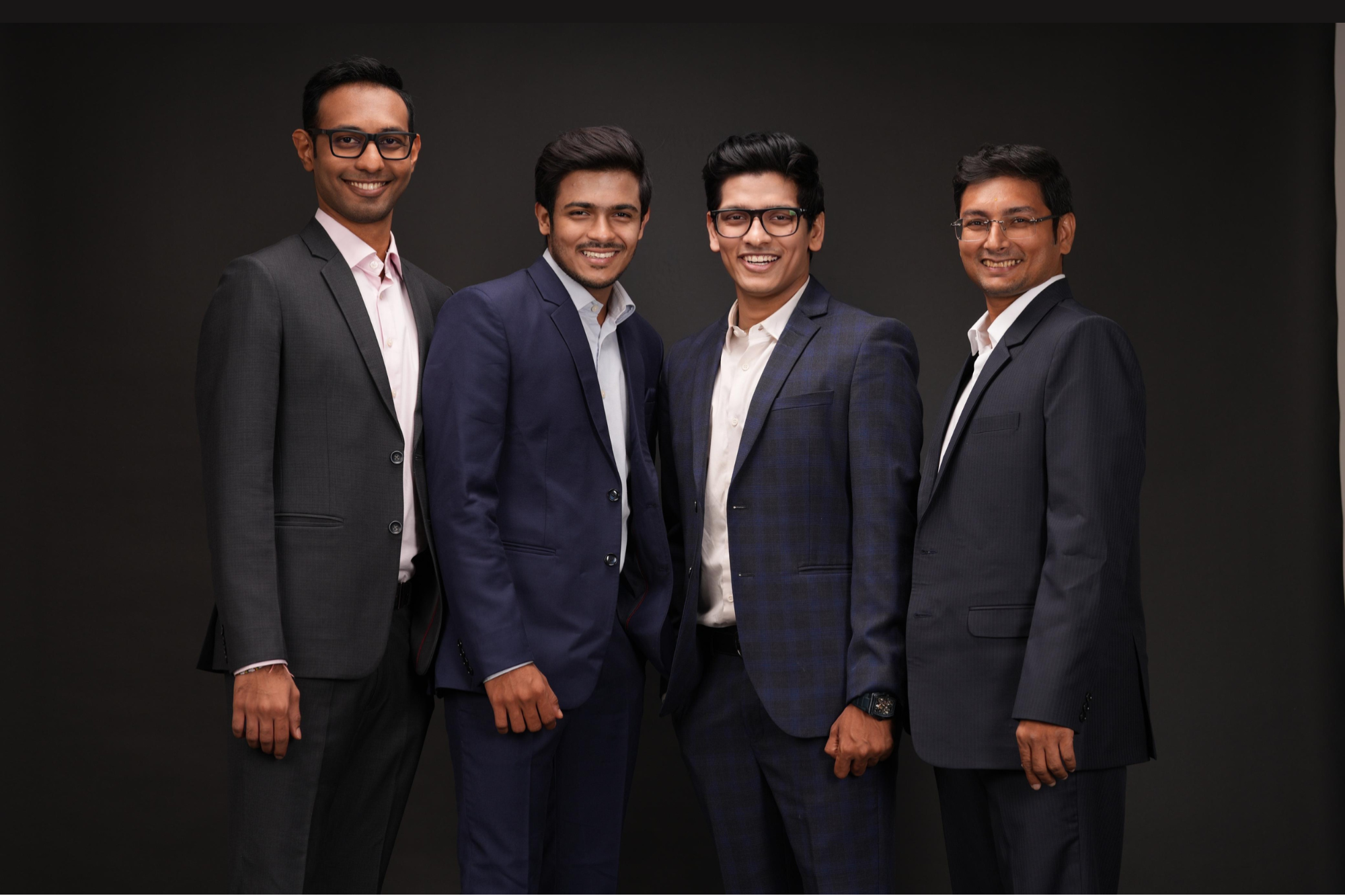From 1969 To 2022: The Legacy Of Bisleri International As per an ET report Tata Consumer Products Ltd will acquire Bisleri International for an estimated INR 6,000-7,000 crore
Opinions expressed by Entrepreneur contributors are their own.
You're reading Entrepreneur India, an international franchise of Entrepreneur Media.

Bisleri, India's largest packaged water company, has been a household name for decades. Now, the legacy of the brand is in the hands of its new owner: Tata Consumer Products Ltd (TCPL). As per an ET report TCPL will acquire Bisleri International for an estimated INR 6,000-7,000 crore.
"Although selling Bisleri is a painful decision, the Tata Group will nurture and take care of it even better. I like the Tata culture of values and integrity and hence made up my mind despite the aggression shown by other interested buyers," Ramesh Chauhan, chairman of Bisleri International, told ET.
The brand has a strong presence with 122 operational plants and a strong distribution network of 4,500 distributors and 5,000 distribution trucks across India and neighboring countries. "We have always believed in our promise of providing safe, pure and healthy mineral water to consumers for the last 50 years and we strive to carry on this legacy in future," quoted the brand's website.
Chauhan will not hold a minority stake in the business. "Even I don't know what I will do with it (the money) but let me make it clear. It was not just the value I am getting for it, I was more anxious to find a home that would look after it as I did. This is a business I have built with passion and it is now run by equally passionate employees," said Chauhan, the report added.
Chauhan has earlier sold brands such as Thums Up, Gold Spot, and Limca to Coca-Cola. "The 70s was a game changer for the company. We introduced - GOLD SPOT- an orange flavoured aerated drink, LIMCA – that derives its name from "Nimbu – KA", Maaza – A mango based non fizz drink and Thumbs Up – A cola flavoured Aerated drink. But in 1993, our franchises gave in to market forces; they wanted to have foreign brands associated with them. Hence, we sold Thumbs Up, Limca, Citra and Gold Spot to the U.S. giant Coca-Cola," Chauhan had told Entrepreneur India in a previous interview.
Ramesh Chauhan at the age of 27 introduced bottled mineral water to the Indian market. Parle Exports bought Bisleri from an Italian entrepreneur in 1969 and began to sell mineral water in India. With a career spanning across 52 years, Chauhan's leadership and vision made Bisleri a household name.












